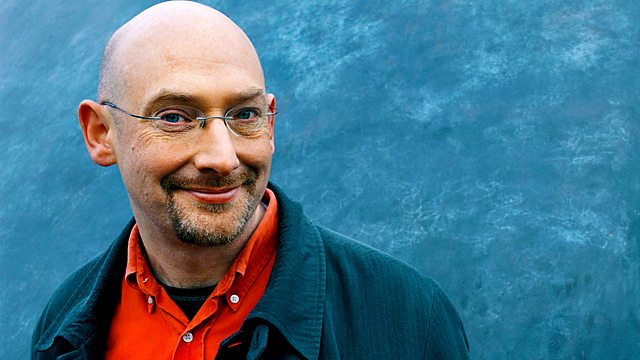SCUBA 2 - Kidsβ Science Festivals
Quentin Cooper talks to scientists from the Royal Observatory in Edinburgh about SCUBA-2, a new instrument designed to scan the skies for evidence of how galaxies and planets form.
SCUBA 2
The formation of planets, solar systems and galaxies is still something of a mystery to astronomers. Whilst hunches and theories abound, itβs always nice to have a look at these things in more detail. Of all the stuff out there that astronomers can see itβs the cooler gas and dust β with a temperature around 10K - that is most often associated with things in formation. But being cool, with relatively little energy, itβs not that easy to spot.
The light from objects at those temperatures is quite invisible to the human eye, having a wavelength in the region of 0.2 - 1.0 millimetres, and is classed as βsub-millimetreβ radiation. For the last decade a camera called SCUBA (Sub-millimetre Common-User Bolometer Array) has been at the forefront of this field of investigation, and made many striking discoveries, including discs of cool gas and dust surrounding many stars in our galaxy: an observation that suggests planet formation is surprisingly common.
Now SCUBAβs complicated Β£14 million replacement - SCUBA 2 - is about to be installed on a telescope in Hawaii, and Quentin is joined by sub-millimetre astronomers Professor Rob Ivison of the Royal Observatory Edinburgh and Dr Wayne Holland of the Astronomy Technology Centre, to discuss its prospects.
Kidsβ Science Festivals
If youβre still reading this page, the chances are you have some interest in science. How old were you when that started?
The Edinburgh International Science Festival, running since 1988, has long recognized the importance of engaging young children with scientific ideas. But does this carry across to the classroom? Does using an exploding chemical reaction to elicit whoops of delight from a roomful of 10 year olds really stimulate the next generation of Nobel Laureates?
Quentin is joined by two of the worldβs foremost science communicators: Tom Pringle β aka TVβs βDr Bunhead", who is appearing at the Festival this week, and Wendy Sadler, of Cardiff University and the βScience Made Simpleβ programme.


